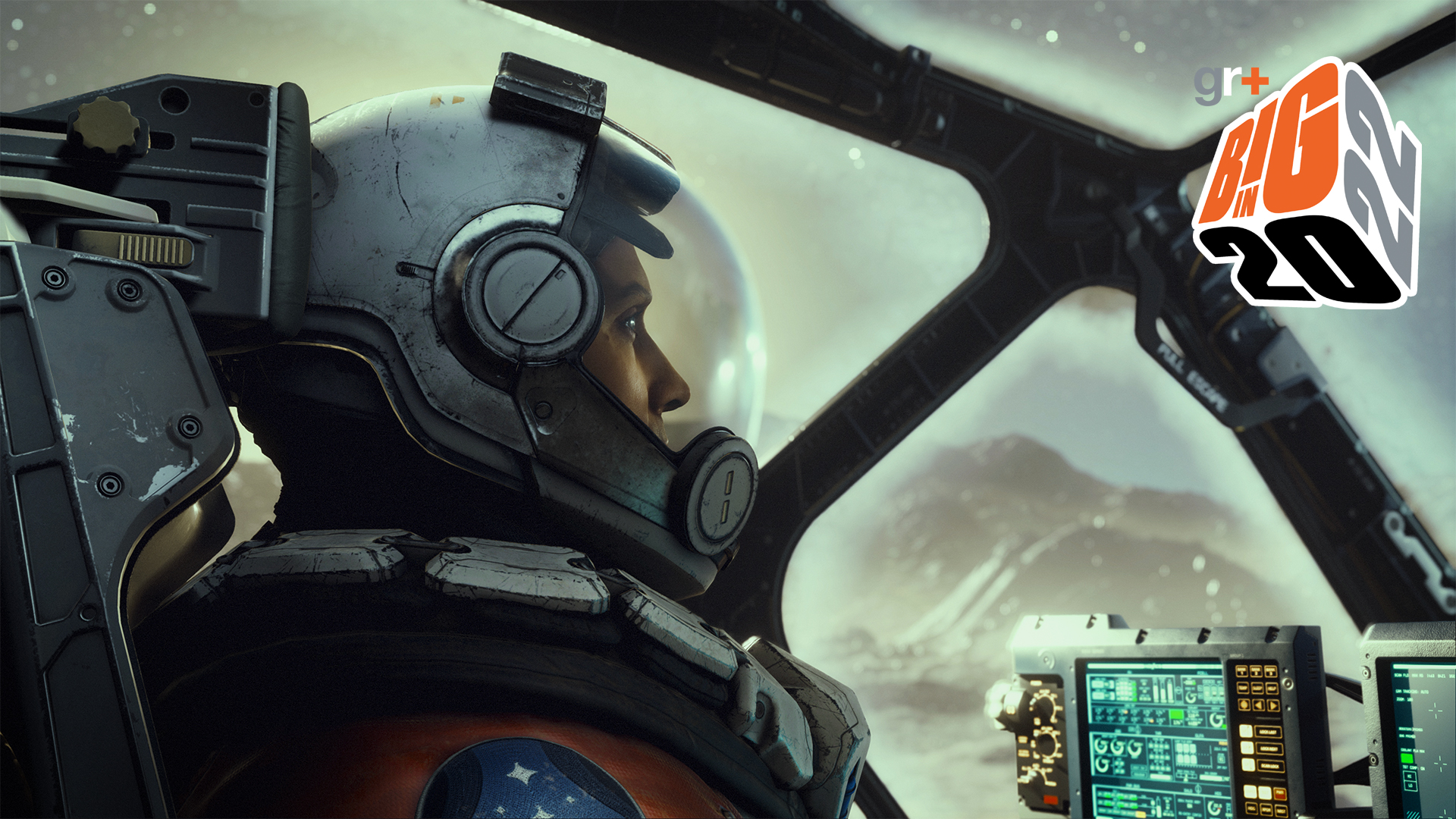
Starfield represents a bold new frontier for Bethesda Game Studios. It's the developer's first new universe in 25 years, for starters. Starfield is also its first Xbox Series X console exclusive since becoming a part of the Xbox Game Studios collective, and the developer's first attempt at building a game set amongst the stars after work on The 10th Planet was scrapped in the '90s. Fallout and The Elder Scrolls are Bethesda's past. Starfield is its future.
It's an exciting time for action-RPG players eager to escape this reality for another, but it would be disingenuous for me not to admit that one comment from Todd Howard has given me pause: "It's like Skyrim in space." That's how Bethesda Game Studios' executive producer described Starfield to The Washington Post and I can't shake it. With Starfield aspiring to reach greater heights, I hope the studio has found an updated roadmap to help guide it through the unknown.
Look to the stars
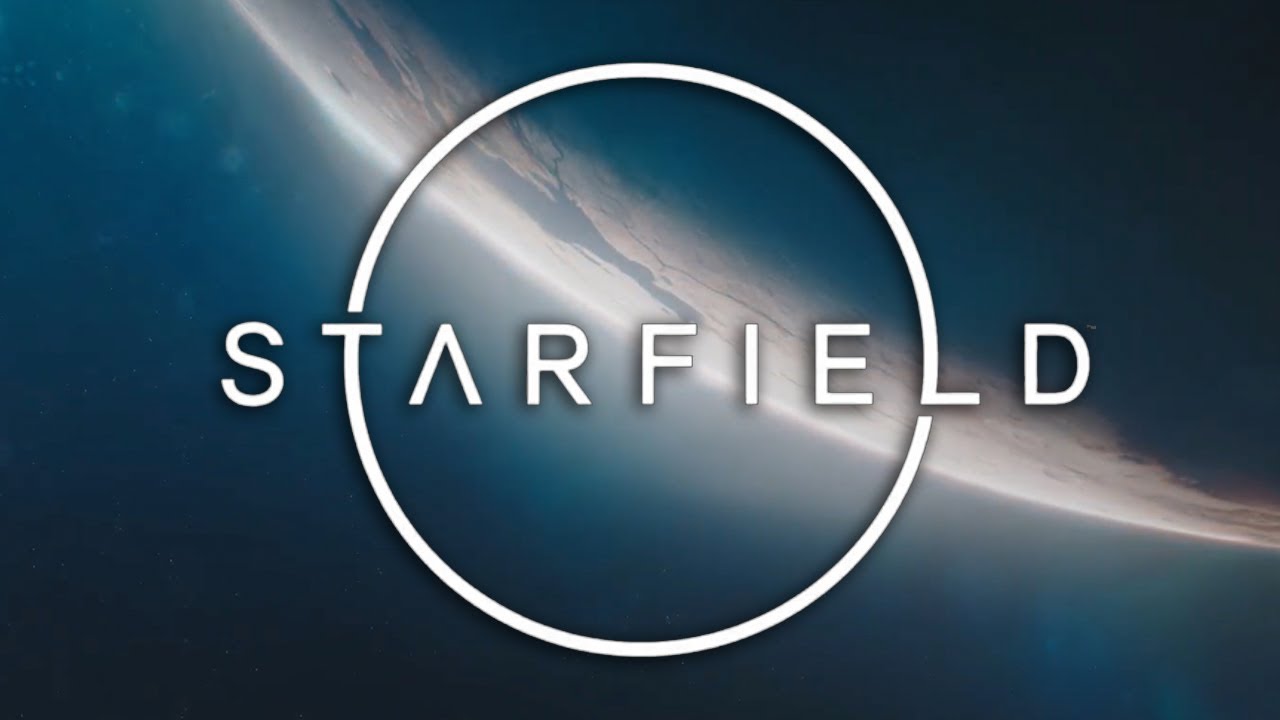
Game Starfield
Developer Bethesda Game Studios
Publisher Xbox Game Studios
Platforms PC, Xbox Series X
Release 2022
Had Skyrim's flame been allowed to extinguish, just as the torches we once carried for Morrowind and Oblivion did so many years ago, then perhaps the idea of Elder Scrolls among the stars would be more alluring. As it is, Skyrim is undoubtedly a better game to play today than it ever was in 2011, thanks to Bethesda's insistence on updating and expanding its fantasy sandbox. I've had my fill of it, on three generations of console, no less, and it's time for something new.
Yet in spite of Howard's comparison, it does appear that the studio is steering Starfield toward new horizons. For years now, Bethesda has cycled between the wilds of Fallout and the wildness of The Elder Scrolls. But Starfield is something bigger by nature, an adventure unfurling across a small pocket of the Milky Way, one that's designed to let us explore the frontiers of the Settled Colonies and navigate fracturing alliances in the aftermath of a bloody Colony War.
Starfield takes place in the year 2330 and in an area that extends outward from our Solar System for 50 light years. What we'll find there is Bethesda's science-fiction universe, one that's grounded in an understanding of technology and humanity as we know it today. That's the backdrop to Starfield's action as we enter it as a new member of Constellation, a faction committed to uncovering the mysteries of the galaxy by exploring the deepest reaches of the Settled Systems.
What we have heard of Starfield so far indicates that hostile alien worlds should be expected, although it's the star systems controlled by the two largest factions – the United Colonies, settled on New Atlantis, and Freestar Collective, based out of Akila City – that may pose the greatest threat to your survival. Not to mention rogue outfits like the Ecliptic Mercenaries, Pirates of the Crimson Fleet, and the fanatical zealots of House Va'ruun who are tussling for control of the space in-between.
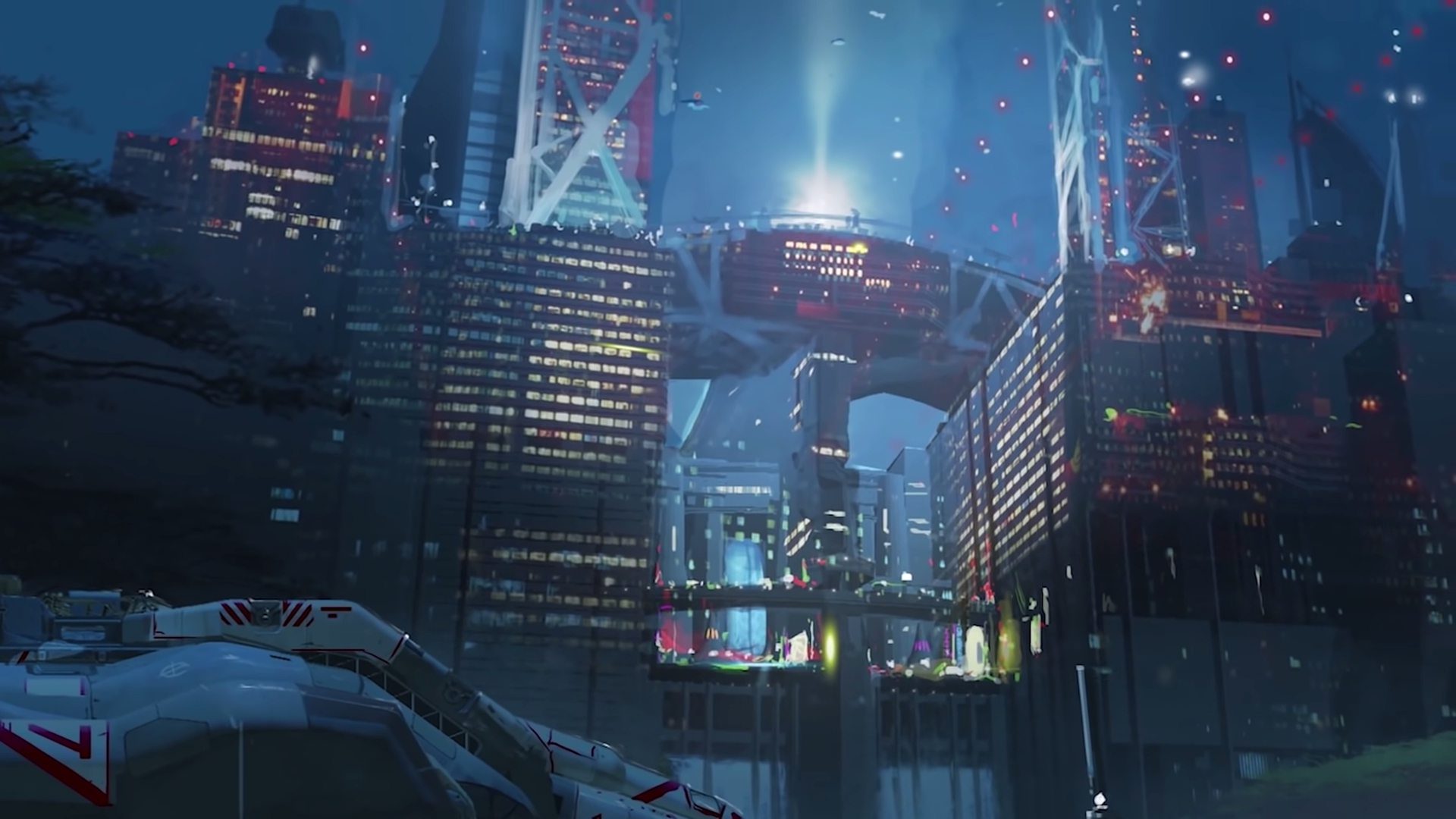
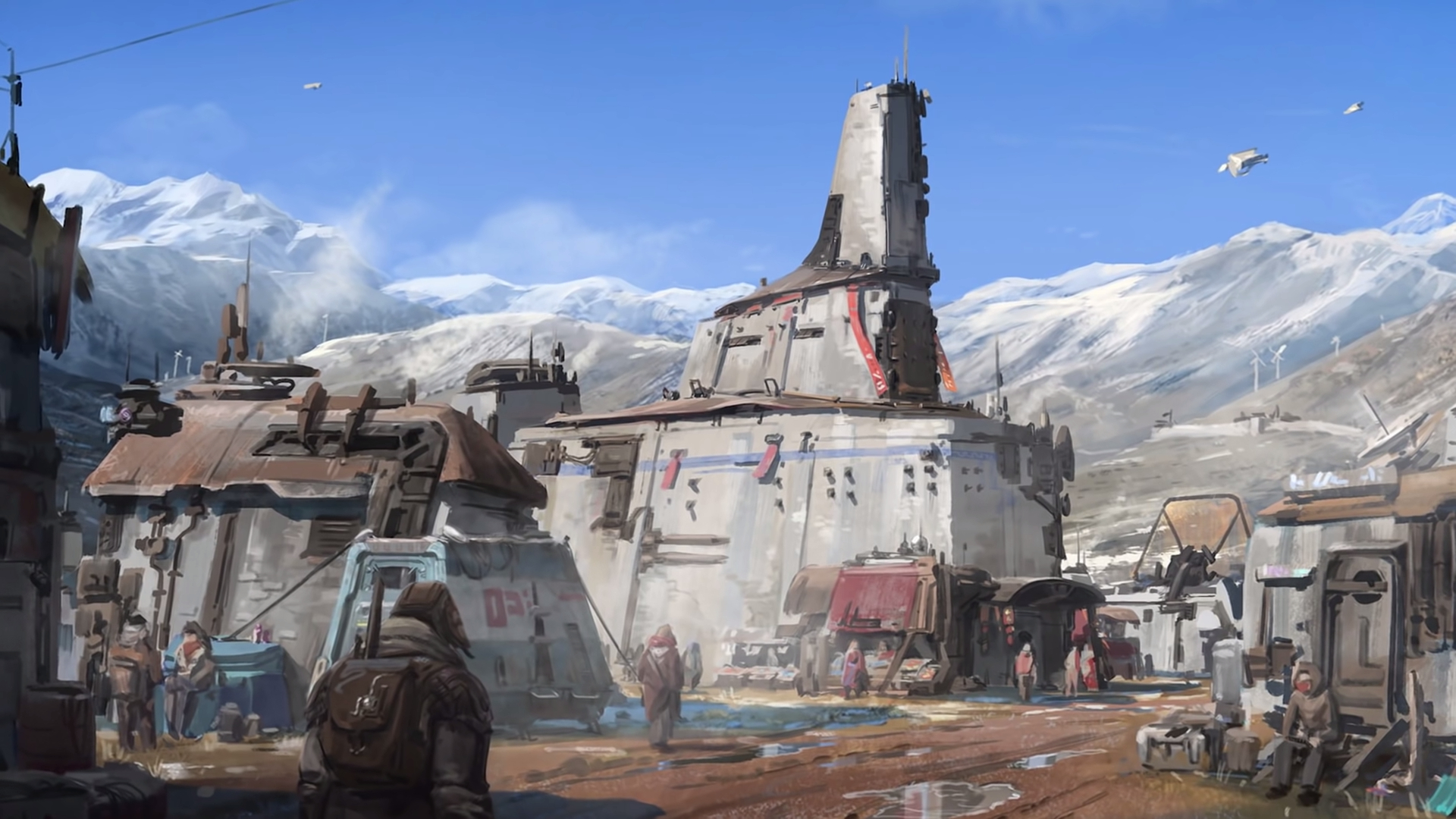
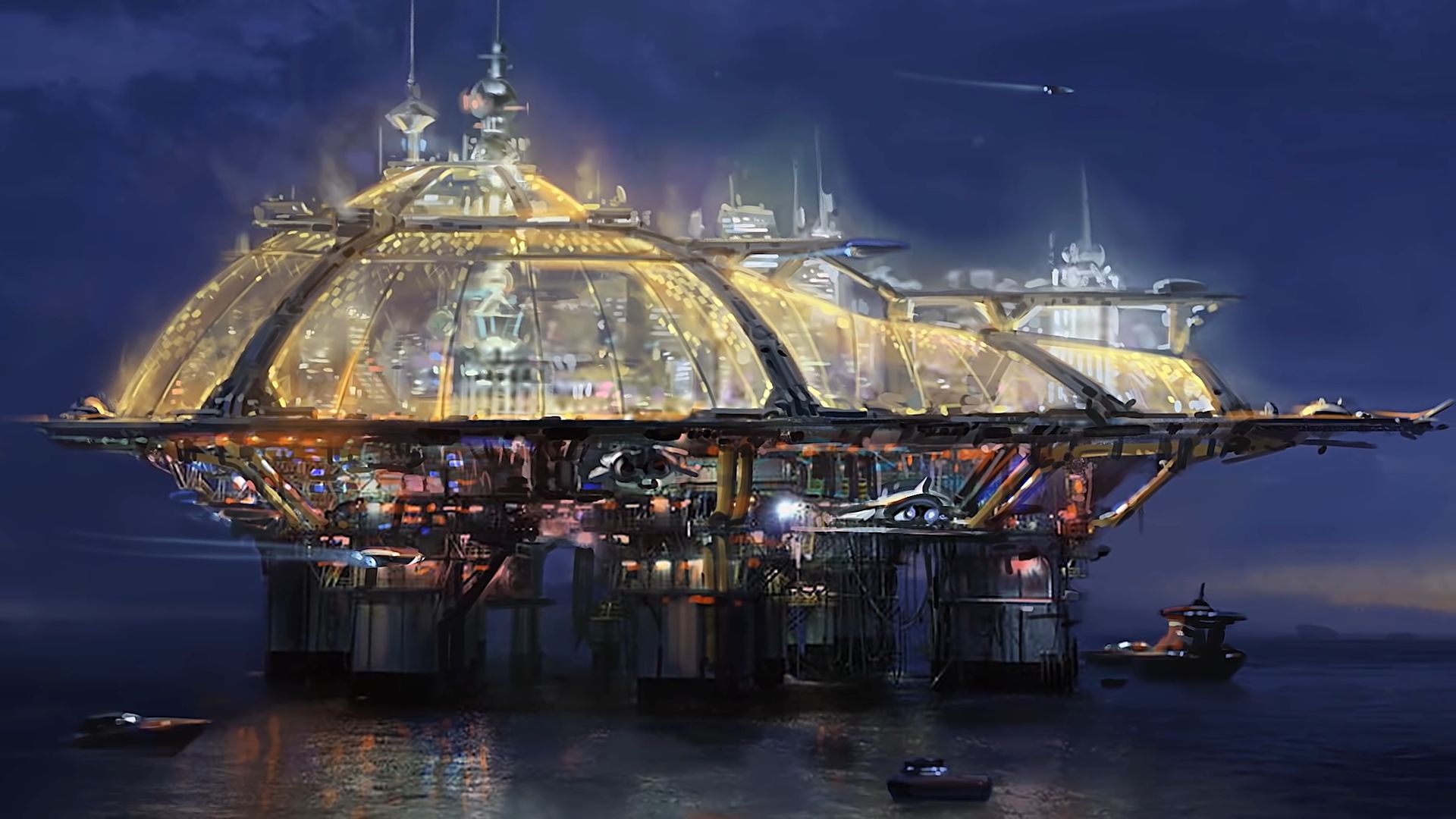
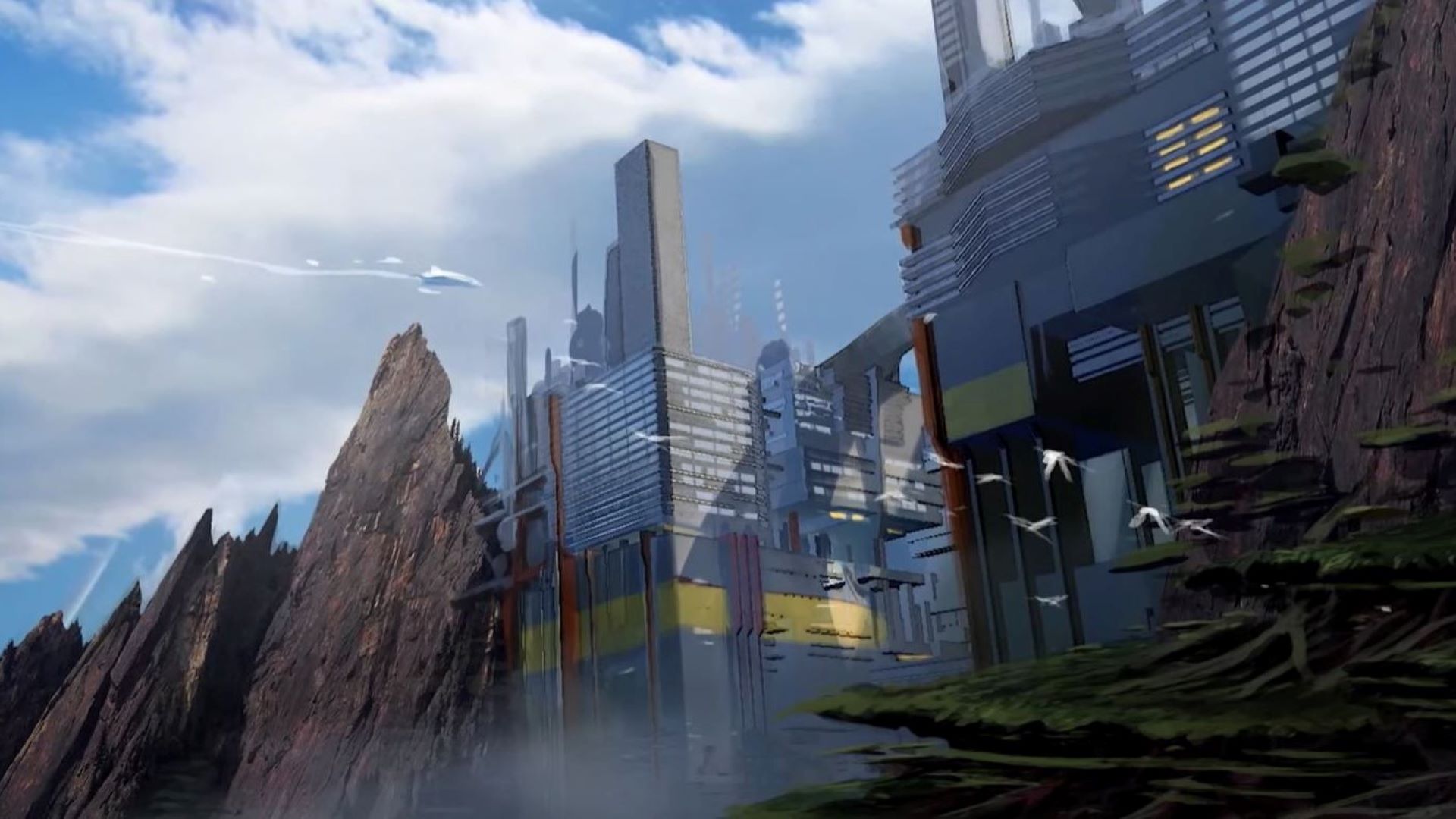
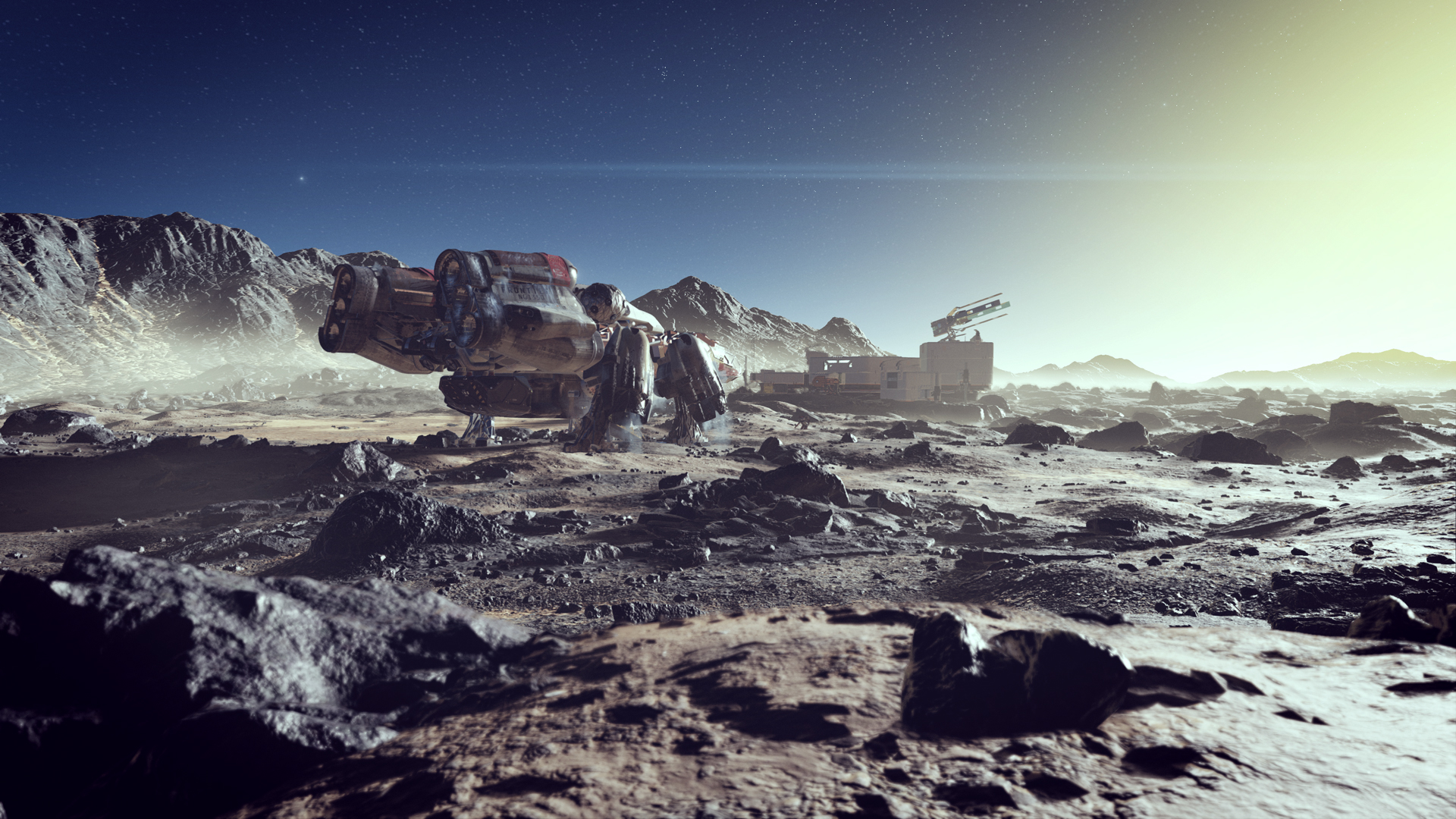
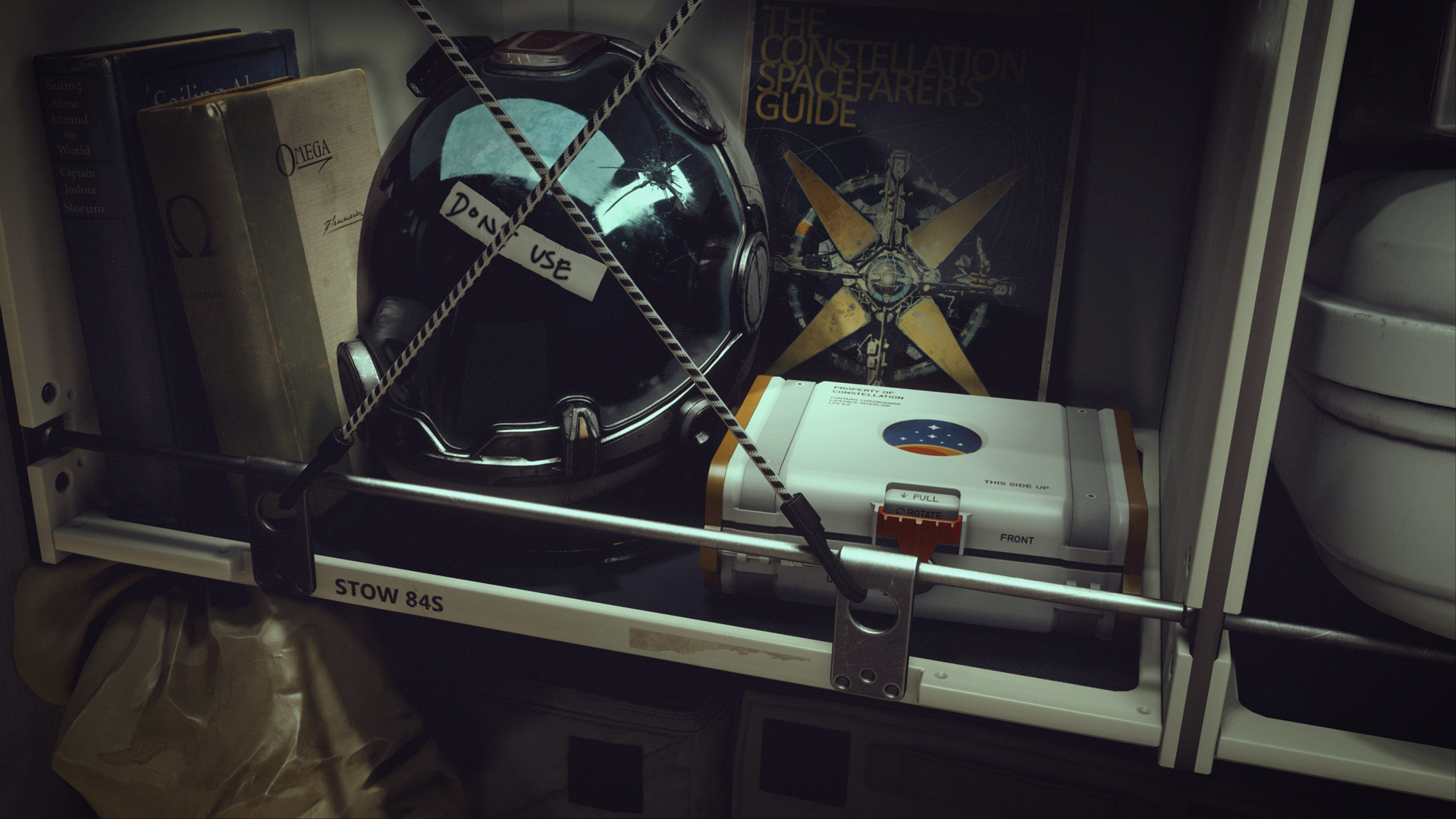
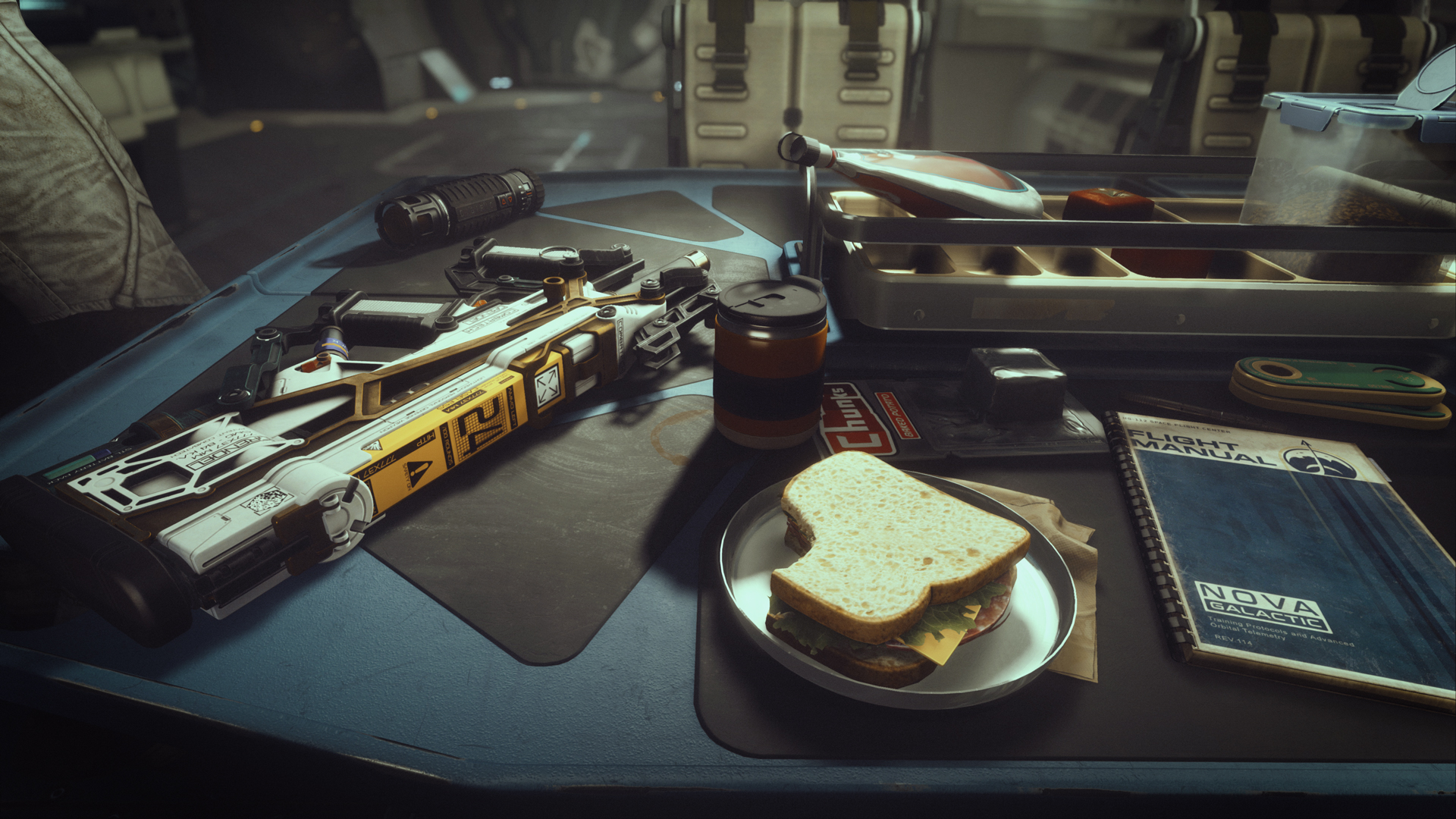
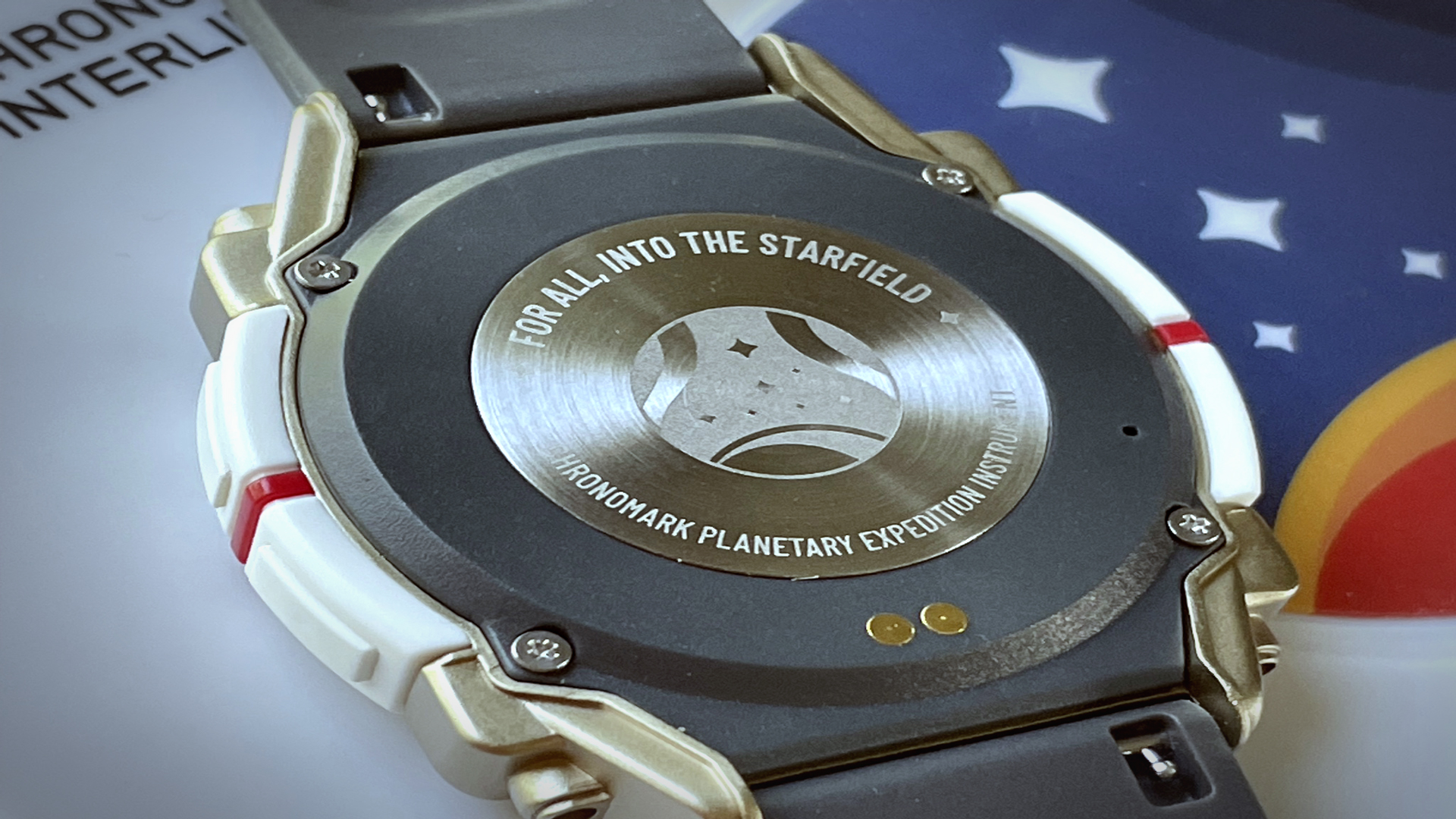
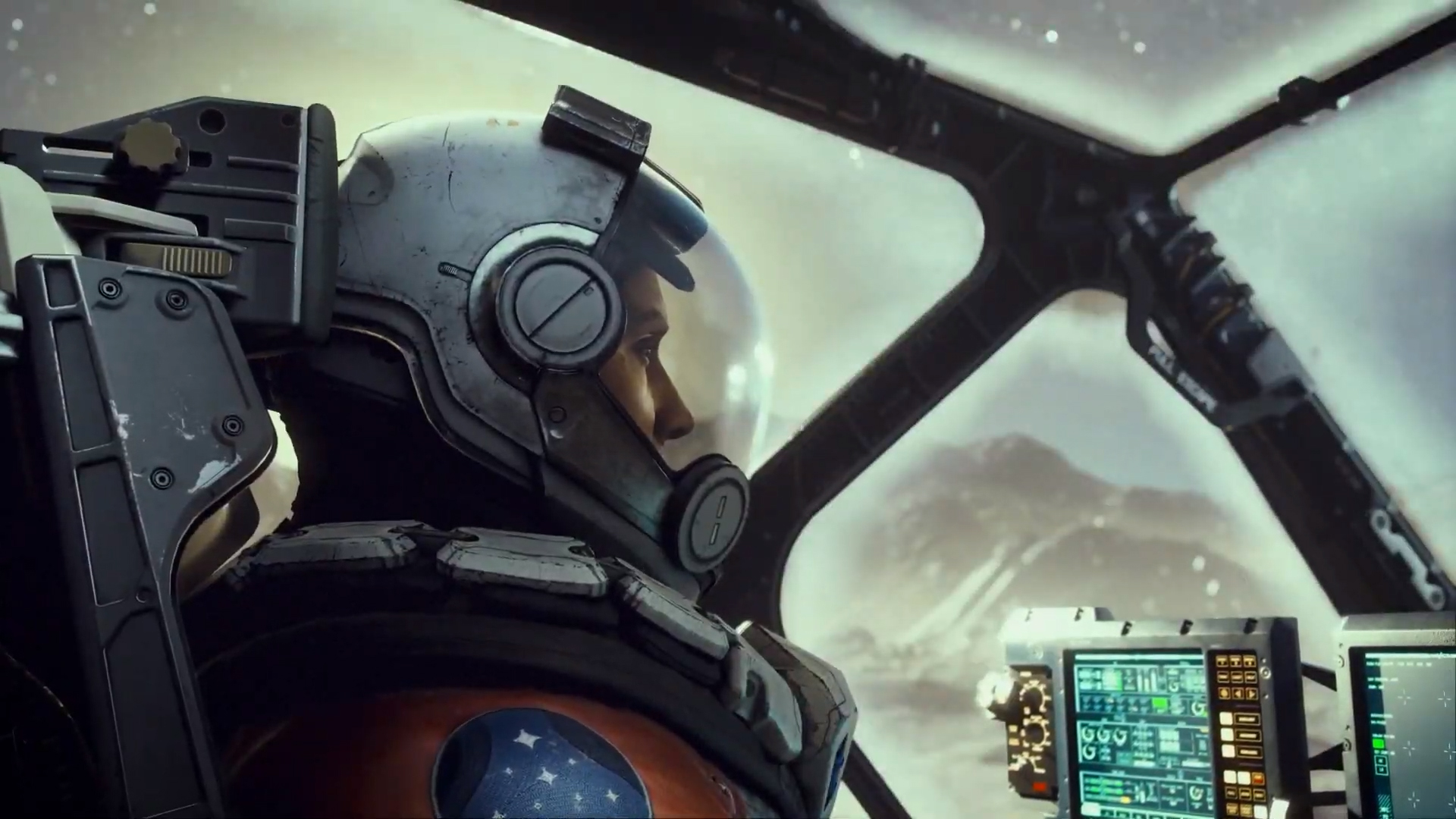
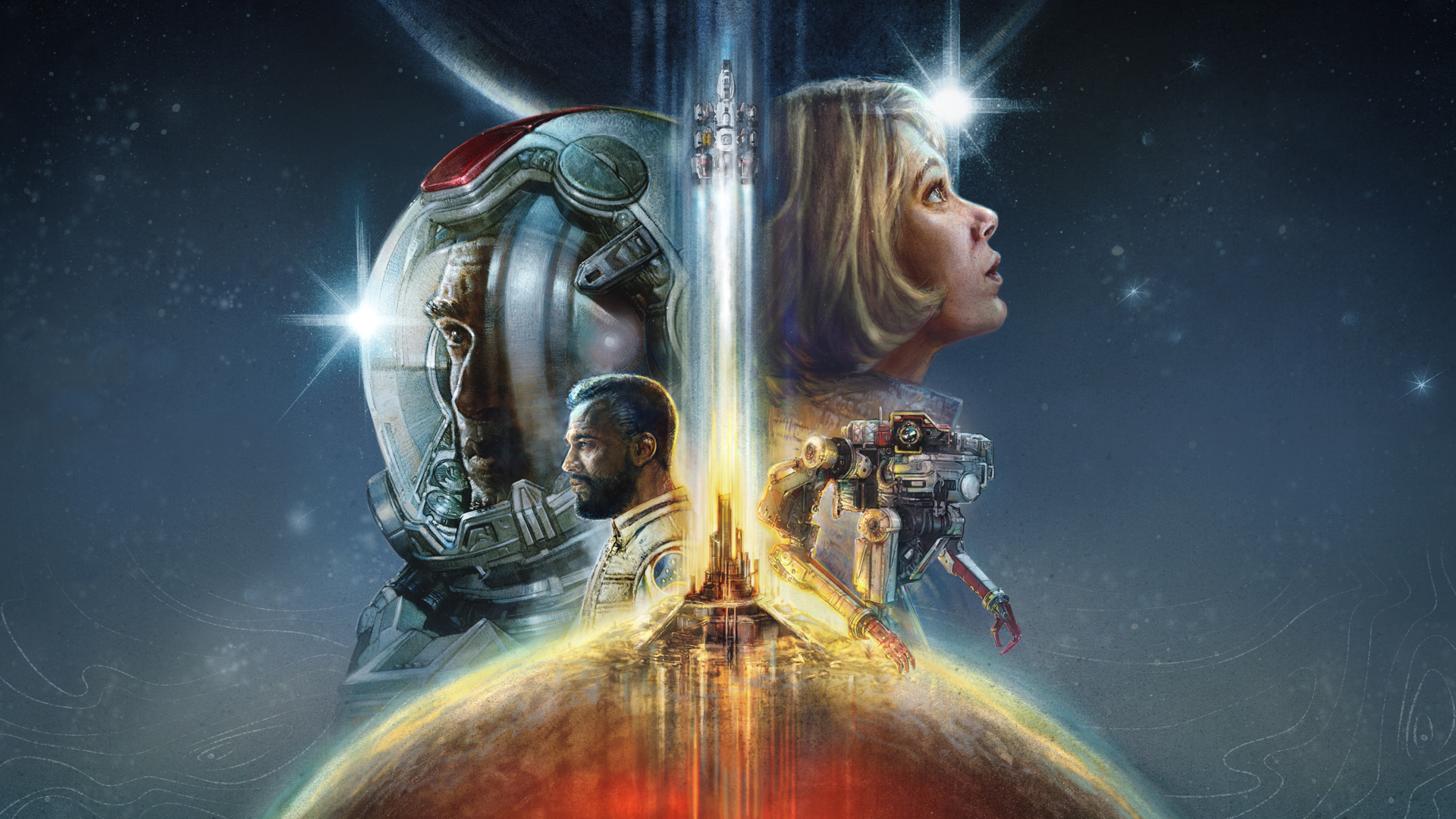
"Fallout and The Elder Scrolls are Bethesda's past. Starfield is its future"
It's difficult to get a true sense of the scale of Starfield. Todd Howard has been careful in this regard, saying very little about the playable space – most likely to avoid falling into the same trap that once ensnared Hello Games' No Man's Sky. Perhaps it's easy to over-promise and under-deliver when you lose the ability to enclose a playground with mountainous fencing. What's clear at this juncture, however, is that Starfield will have a different structure to the adventures contained within The Commonwealth or Tamriel. Where Fallout and The Elder Scrolls have you emerge from captivity and then set out to explore one sprawling world, Starfield will be spread amongst many.
Sign up to the GamesRadar+ Newsletter
Weekly digests, tales from the communities you love, and more
We've seen just three cities so far, although each is set in a different part of the Settled System. New Atlantis, the capital city of the U.C., a mecca which Bethesda has described as being "a true reflection of the future of our world." And then there's Akila City, the capital of the Freestar Collective, a loose confederation of three distinct star systems, walled-off from the world to protect its citizens from the Ashta – "alien predators that are a cross between a wolf and a velociraptor." And then there's the pleasure city of Neon, which appears to be Starfield's very own wretched hive of scum and villainy.
Visually, these areas couldn't be more distinct. Tonally and thematically divergent too. Bethesda is bringing decades of experience to this RPG and the mind can only wander as you imagine the possibilities; of the characters we'll meet and the quests they'll send us out on across the galaxy. The authored stories we'll encounter and the ones we'll write all on our own, as the disparate elements of Bethesda's sandbox combine in weird and wonderful ways in tandem with deep, expressive character modeling and progression systems.
Comparing Starfield to Skyrim makes total sense from a marketing perspective; The Elder Scrolls 5 has sold over 30 million copies and is perhaps the most recognisable RPG of the modern era. But from the perspective of play, I hope that the expanded scope of Starfield invites change – that the nine years Bethesda has sunk into Starfield's production leads to more than a 'Skyrim in space'. There is, after all, already a mod that can make that happen.

All throughout January, GamesRadar+ is exploring the biggest games of the new year with exclusive interviews, hands-on impressions, and in-depth editorials. For more, be sure to follow along with Big in 2022.

Josh West is the Editor-in-Chief of GamesRadar+. He has over 15 years experience in online and print journalism, and holds a BA (Hons) in Journalism and Feature Writing. Prior to starting his current position, Josh has served as GR+'s Features Editor and Deputy Editor of games™ magazine, and has freelanced for numerous publications including 3D Artist, Edge magazine, iCreate, Metal Hammer, Play, Retro Gamer, and SFX. Additionally, he has appeared on the BBC and ITV to provide expert comment, written for Scholastic books, edited a book for Hachette, and worked as the Assistant Producer of the Future Games Show. In his spare time, Josh likes to play bass guitar and video games. Years ago, he was in a few movies and TV shows that you've definitely seen but will never be able to spot him in.


